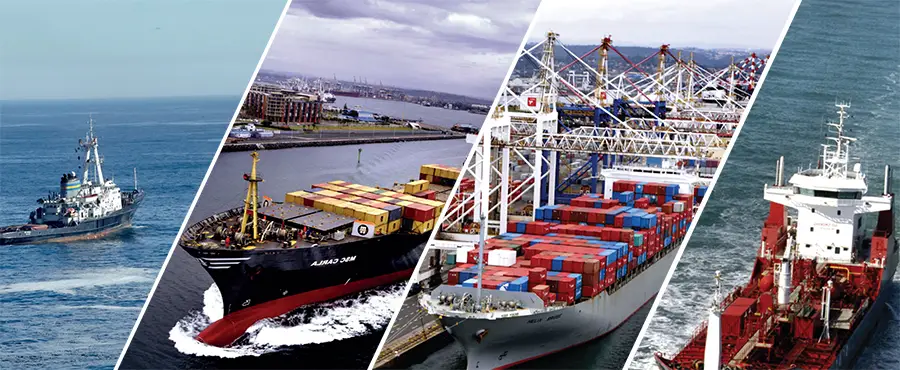Africa's maritime trade, which hit $22Bn in 2018, will reach $48Bn by 2063 but relies heavily on fossil fuels. Shipping fuels global warming and is responsible for 2.5 per cent of greenhouse gas emissions. Africa urged to include maritime decarbonisation in NDCs for a greener future. Africa’s maritime trade continues to grow exponentially. However, in
[elementor-template id="94265"]
